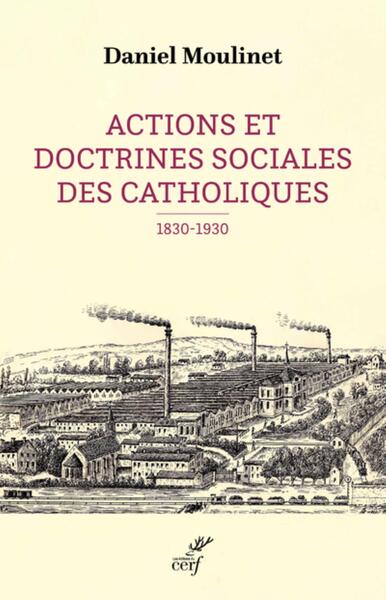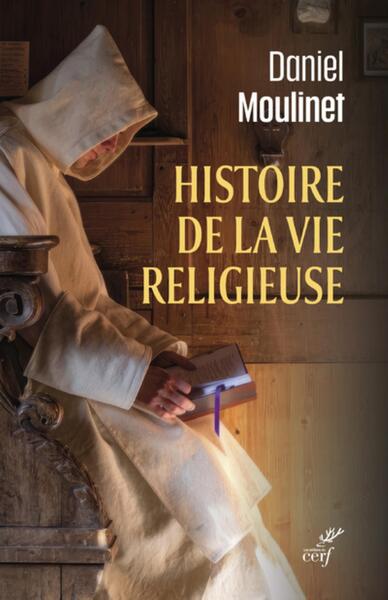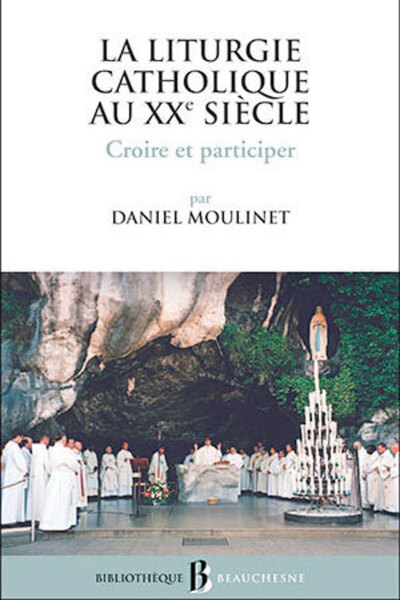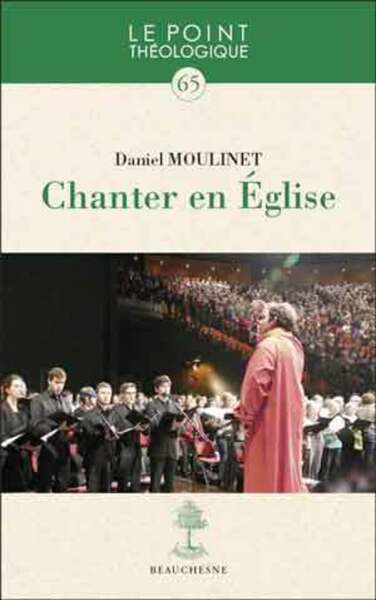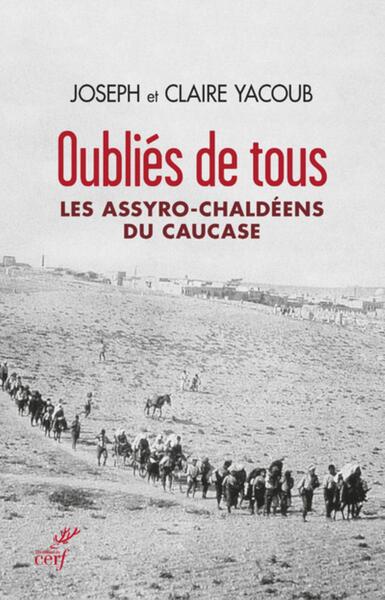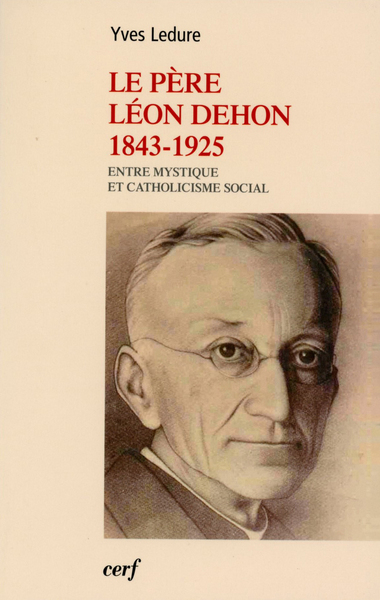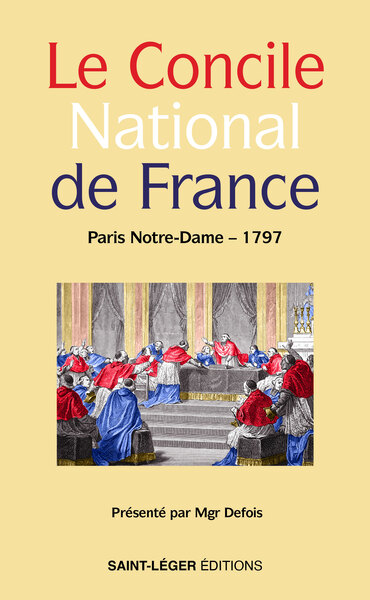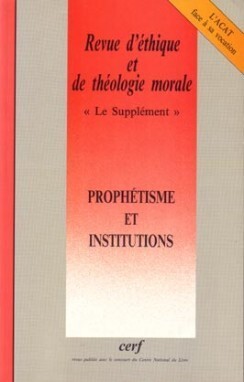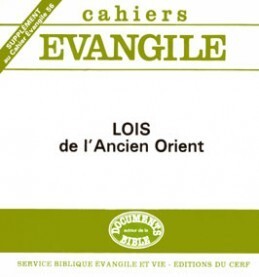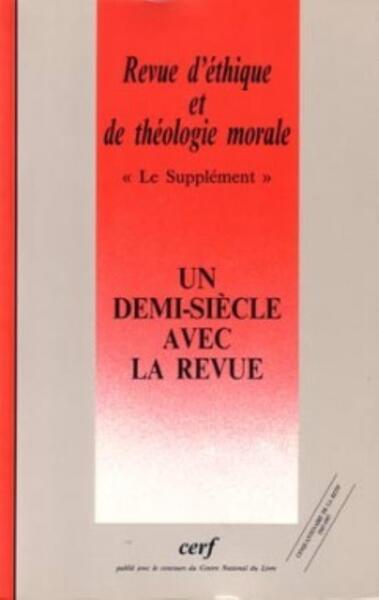Laïcat Catholique Et Société Française
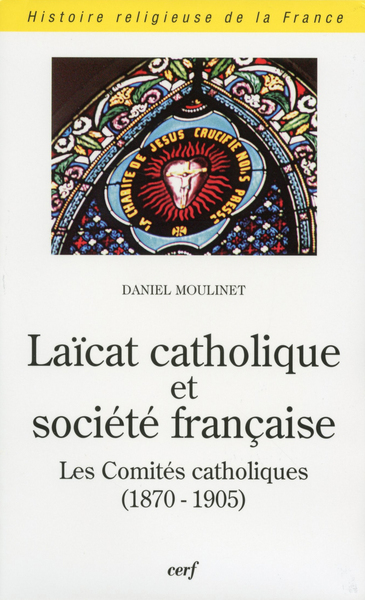
Description
À l'exemple des catholiques allemands et italiens réunis dans les " Katholikentage " et dans l'" Opera dei congressi ", des Français, formés à l'action caritative par la Société de Saint-Vincent-de-Paul, se retrouvent, après 1870, au sein des Comités catholiques pour coordonner les oeuvres catholiques et la défense religieuse. L'action de ces notables, quelque peu oubliée, voire méprisée par la suite, méritait d'être remise en lumière. Bien qu'ayant connu des échecs sur le terrain politique, sous " la République des républicains ", elle a porté des fruits durables. Ces hommes ont participé à l'essor des pèlerinages, des congrès eucharistiques et de l'adoration du Saint-Sacrement. Ils ont participé à la fondation de nombreuses écoles libres, du primaire à l'université, en passant par l'enseignement spécialisé ; ils ont animé des patronages ; ils ont défendu l'Église dans les journaux. Mais c'est surtout dans le domaine social que leur charité s'est faite inventive. Aucune des oeuvres ouvrières de l'époque ne leur est demeurée étrangère ; ils ont cherché comment, via les syndicats mixtes, adapter à leur siècle les corporations médiévales ; ils ont lancé les syndicats agricoles et les caisses rurales ainsi que des banques populaires mutualistes ; tout en participant aux oeuvres charitables de l'époque (y compris les logements et les jardins ouvriers), certains ont voulu aller plus loin et aider les ouvriers à prendre en main leur formation sociale. Après avoir retracé l'histoire des Comités catholiques, ce livre brosse un portrait type de ces catholiques engagés, autour de cinq grandes figures (Charles Chesnelong, Émile Keller, Anatole de Caulaincourt, Charles Thellier de Poncheville, Charles de Nicolay), avant de présenter un panorama de l'ensemble des oeuvres catholiques, grâce auxquelles, après les années d'affrontement, l'Église catholique est apparue dans la société française, poussée moins par la recherche de domination que par la charité. -- Following the example of German and Italian Catholics united in the 'Katholikentage' and the 'Opera dei congressi', French Catholics trained for charitable work by the Société de Saint-Vincent-de-Paul formed Catholic Committees after 1870, for the coordination of Catholic charitable works and the defence of their religion. Their action, which was later disdained and is now somewhat forgotten, deserves to be re-assessed. Although these Catholic Committees had encountered failures in the political arena under 'the Republic of republicans', they nevertheless obtained lasting results. They participated in popularizing pilgrimages, Eucharistic congresses and the adoration of the Blessed Sacrament. The contributed to the foundation of many free schools, from primary level to university, not forgetting specialized teaching; they animated youth fellowship; they defended the Church in their newspapers. But it was especially in the social domain that their charity showed creativity. They were involved with all of the working class initiatives of their epoch; they strove to adapt medieval corporations to their century via mixed unions; they inaugurated unions in agricultural areas and set up rural funds as well as mutual benefit banks, participating all the while in charitable works (including accommodation and allotments for working class families). Some wanted to go further and help workers organize their own social training. After retracing the history of Catholic Committees, this book sketches a typical portrait of the militant Catholic around five great figures (Charles Chesnelong, Émile Keller, Anatole de Caulaincourt, Charles Thellier de Poncheville, Charles de Nicolay). It then presents a panorama of Catholic charitable works in their ensemble. Thanks to these activities, the Catholic Church, after the years of confrontation, appeared in the eyes of French society as an institution driven more by charity than the search for domination.
Détails
Auteur: Daniel Moulinet
Editeur: Cerf
Collection: HIST REL FRANCE
Presentation: Broché
Date de parution:
Nombre de pages: 582
Dimensions: 14,0 x 23,5 x 3,0
Prix publique: 16,50 €
Information complémentaires
Classification: Religion > Histoire des religions > Histoire du christianisme
Code Classification: 3345 > 3356 > 4034
EAN-13: 9782204084598
Pour modifier cette fiche vous devez être connecté:
Se connecter:
Où trouver ce livre:
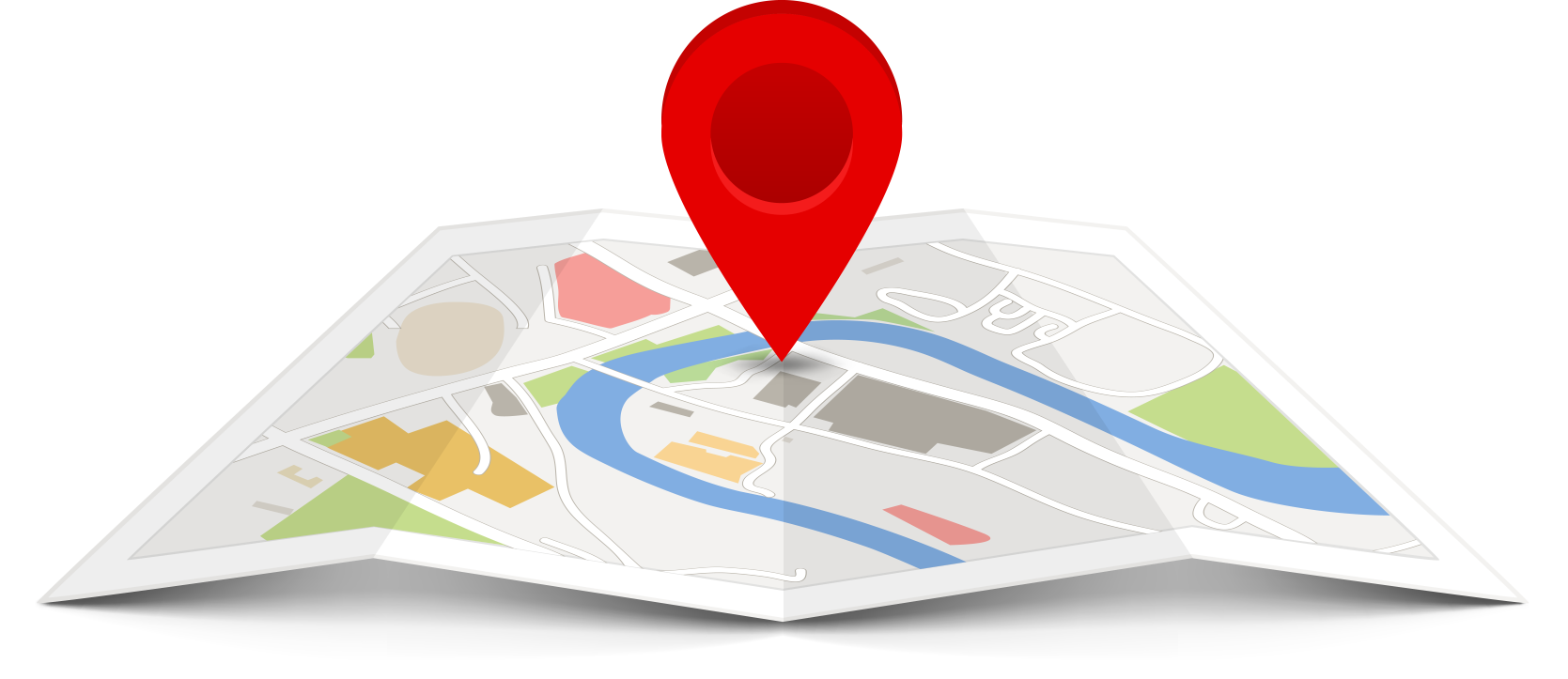
(Liste non exhaustives de librairies ayant ce livre en stock (actuellement 3400 librairie référencées dans notre annuaire). Vous êtes un professionel du livre et souhaitez figurer sur cette carte ? Contactez nous ! )
Vous pouvez également vous raprochez d'une librairie proche de chez vous:

